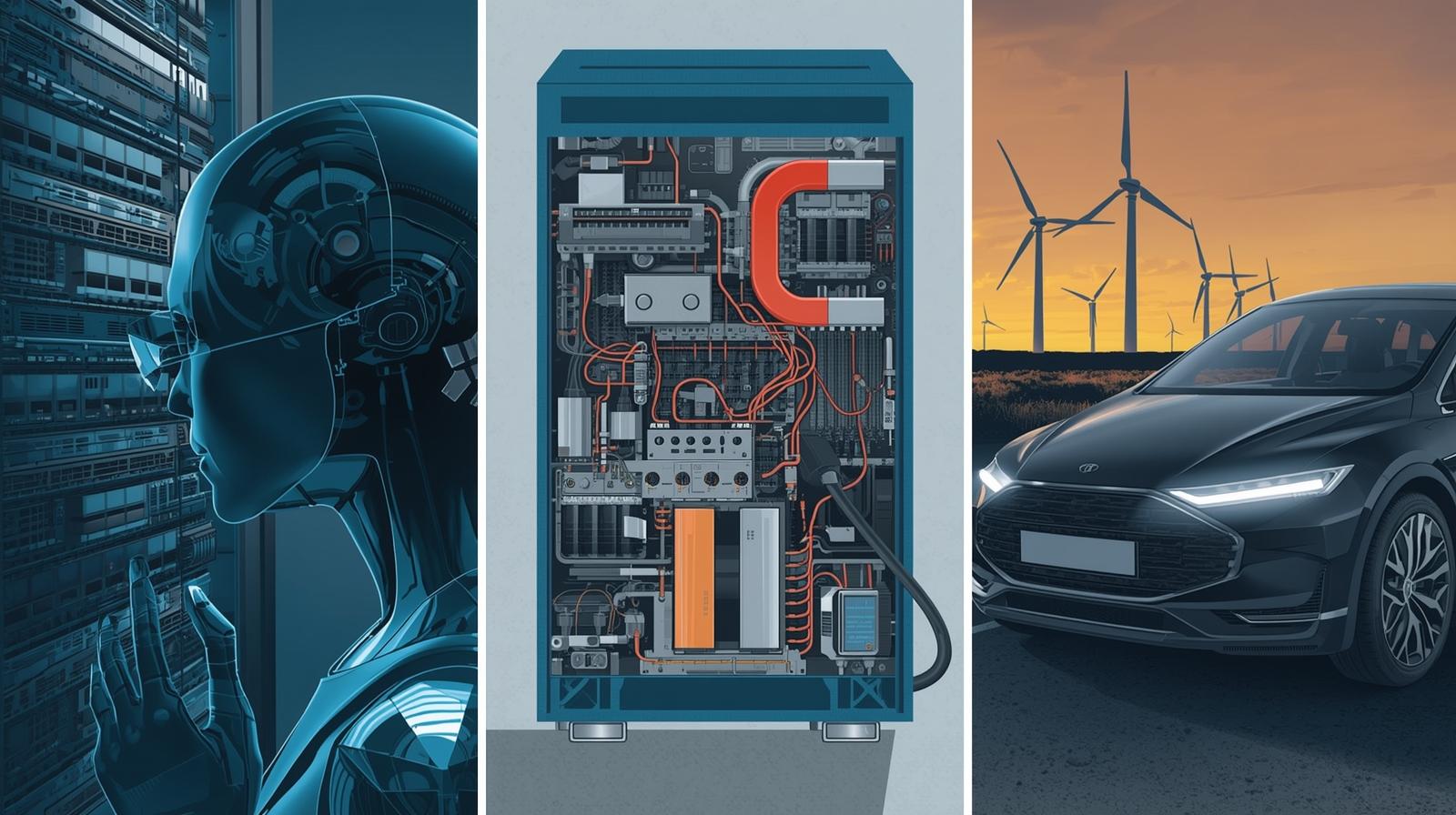Ai Generated Ads Strategies + Proven Techniques + 15 Powerful Methods
What Are Ai Generated Ads?
Ai Generated Ads are advertisements created using artificial intelligence technologies to automate content creation, targeting, and optimization. These tools use machine learning, data analysis, and creative algorithms to design ad copies, images, and even video content tailored to specific audiences. Unlike traditional methods, Ai can generate numerous ad variations quickly, ensuring that businesses can keep up with market trends and audience preferences.
Why Businesses Are Turning to Ai for Ad Creation
The rise of digital marketing has led to a surge in demand for faster, more efficient ad production. Businesses are increasingly turning to Ai because it simplifies the process, reduces human error, and provides data-driven insights. Ai-generated ads help companies stay competitive by delivering relevant and personalized content to their target markets in real-time. Moreover, the scalability offered by Ai solutions allows both small businesses and large enterprises to enhance their marketing strategies effortlessly.
Key Benefits of Ai Generated Ads
Speed and Efficiency
Ai accelerates the ad creation process by automating tasks such as copywriting, design, and placement. This enables marketers to launch campaigns within hours rather than days or weeks.
Cost-Effectiveness
By reducing the need for large creative teams, Ai helps businesses cut costs while maintaining quality. It minimizes waste by predicting which ads are likely to succeed before they even go live.
Improved Targeting Capabilities
Ai uses complex data analysis to identify and target specific audience segments more accurately than manual methods. This precision boosts engagement rates and returns on investment (ROI).
How Ai Generated Ads Work
Ai Generated Ads function through a combination of machine learning, big data, and neural networks. These technologies analyze massive datasets, including customer behaviors, demographics, and preferences. The Ai then crafts ad creatives based on this analysis, continuously refining them through feedback and performance data. Over time, the system learns which types of ads perform best for different segments, optimizing campaigns for better results.
15 Powerful Methods to Maximize Ai Generated Ads
Method 1: Audience Segmentation
Ai divides audiences into distinct segments based on behavior, interests, and demographics, allowing for tailored ad messaging that resonates more effectively with each group.
Method 2: Dynamic Creative Optimization
This technique uses Ai to automatically adjust ad creatives based on real-time performance metrics, ensuring that the most effective version of the ad is displayed to users.
Method 3: Predictive Analytics
Predictive models forecast how ads will perform with various audiences, enabling marketers to make data-driven decisions and refine strategies before full deployment.
Method 4: Automated A/B Testing
Ai can run multiple versions of ads simultaneously, testing different headlines, visuals, and calls to action to determine the highest-performing combination.
Method 5: Natural Language Processing
With NLP, Ai generates engaging ad copy by understanding language nuances and user sentiment, ensuring messages are both compelling and contextually appropriate.
Method 6: Personalized Content Generation
Ai creates ads that speak directly to individual users by incorporating their browsing history, preferences, and previous interactions.
Method 7: Sentiment Analysis
Sentiment analysis helps Ai gauge public perception of a brand or campaign, adjusting ad strategies to align with positive sentiment and mitigate negative feedback.
Method 8: Visual Recognition and Enhancement
Ai enhances ad visuals by recognizing elements within images and optimizing them for better engagement, such as improving contrast, colors, and layouts.
Method 9: Multichannel Campaign Management
Ai coordinates campaigns across platforms like Google Ads, Facebook, and Instagram, ensuring consistency in messaging while optimizing each channel’s performance.
Method 10: Behavioral Data Tracking
By tracking how users interact with ads, Ai refines targeting strategies and creative content to align with observed behaviors, increasing conversion rates.
Method 11: Geo-Targeted Advertising
Ai can deliver ads tailored to specific geographic locations, optimizing for local events, culture, and consumer preferences.
Method 12: Conversion Rate Optimization
Ai identifies bottlenecks in the conversion funnel and suggests modifications to ad content or landing pages, boosting overall conversion rates.
Method 13: Budget Optimization Algorithms
Through real-time data analysis, Ai reallocates ad spend to the best-performing campaigns or segments, ensuring maximum ROI.
Method 14: Voice Search Integration
With the rise of voice-activated devices, Ai helps create ads optimized for voice search queries, expanding reach and accessibility.
Method 15: Performance Forecasting
Ai models predict future campaign performance based on historical data, allowing marketers to plan and allocate resources more effectively.
Common Platforms Leveraging Ai for Ads
Popular platforms like Google Ads, Facebook Ads Manager, and Adobe Advertising Cloud integrate Ai to optimize ad campaigns. These platforms utilize machine learning to refine targeting, bid strategies, and content optimization, enabling businesses to achieve better results with reduced manual effort. An example of advanced Ai advertising tools can be found on the Adobe Advertising Cloud site.
Challenges in Using Ai for Ads
While Ai offers numerous advantages, challenges remain. Data privacy concerns, algorithm biases, and over-reliance on automation can hinder campaign success. Marketers must balance Ai capabilities with human creativity and ethical considerations to create truly impactful ads.
Future of Ai Generated Ads
The future of Ai-generated ads is bright, with continuous advancements in deep learning, neural networks, and data analytics. We can expect even more personalized, context-aware ads that seamlessly integrate with emerging technologies like AR, VR, and the metaverse. Businesses embracing these innovations early will likely gain a competitive edge.
FAQs About Ai Generated Ads
Ai drastically improves targeting accuracy, ensuring ads reach the most relevant audience segments for higher engagement and conversions.
While Ai excels at data-driven tasks, human creativity remains essential for storytelling, brand voice, and emotional connection in advertising.
Yes, many Ai tools are scalable, making them accessible and cost-effective for small businesses aiming to optimize ad spend.
E-commerce, healthcare, finance, and entertainment sectors see significant benefits due to Ai’s ability to personalize and optimize ad content.
Reputable Ai platforms comply with data privacy regulations like GDPR and CCPA, ensuring user data is handled responsibly.
Ai continually learns from real-time data, enabling it to adapt ad strategies to shifting market trends and consumer behaviors.
Conclusion
Ai Generated Ads are revolutionizing the advertising landscape by combining speed, precision, and personalization. Businesses leveraging Ai not only save time and resources but also create more impactful campaigns that drive results. As technology advances, the synergy between Ai and human creativity will unlock new possibilities, shaping the future of digital marketing.
Claim lifetime Access to MTS Prompts Library: https://ko-fi.com/s/277d07bae3




